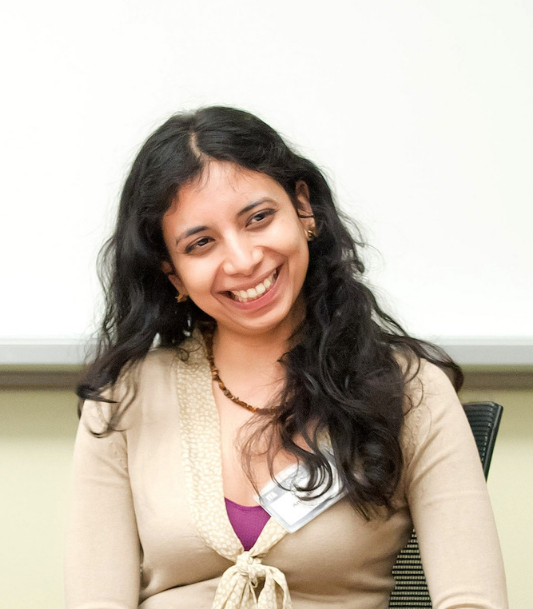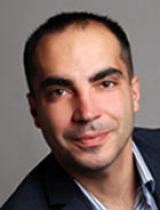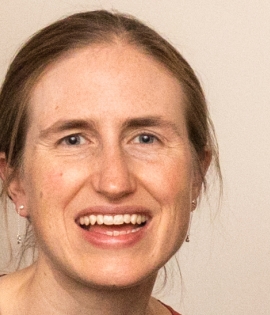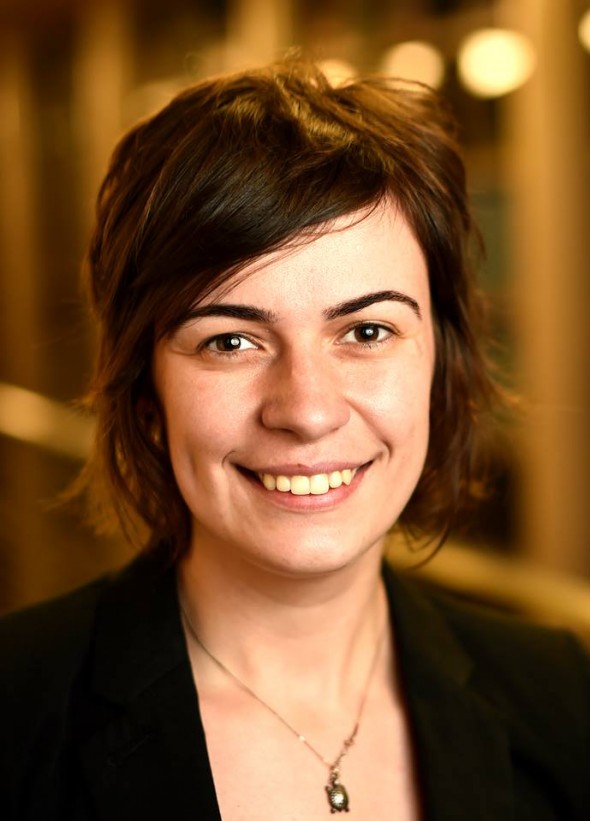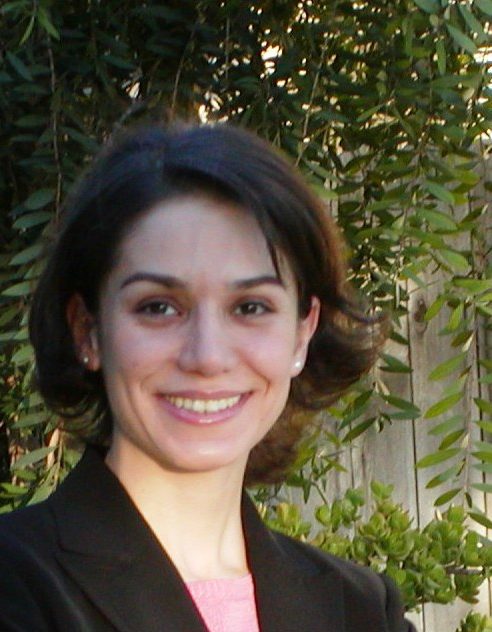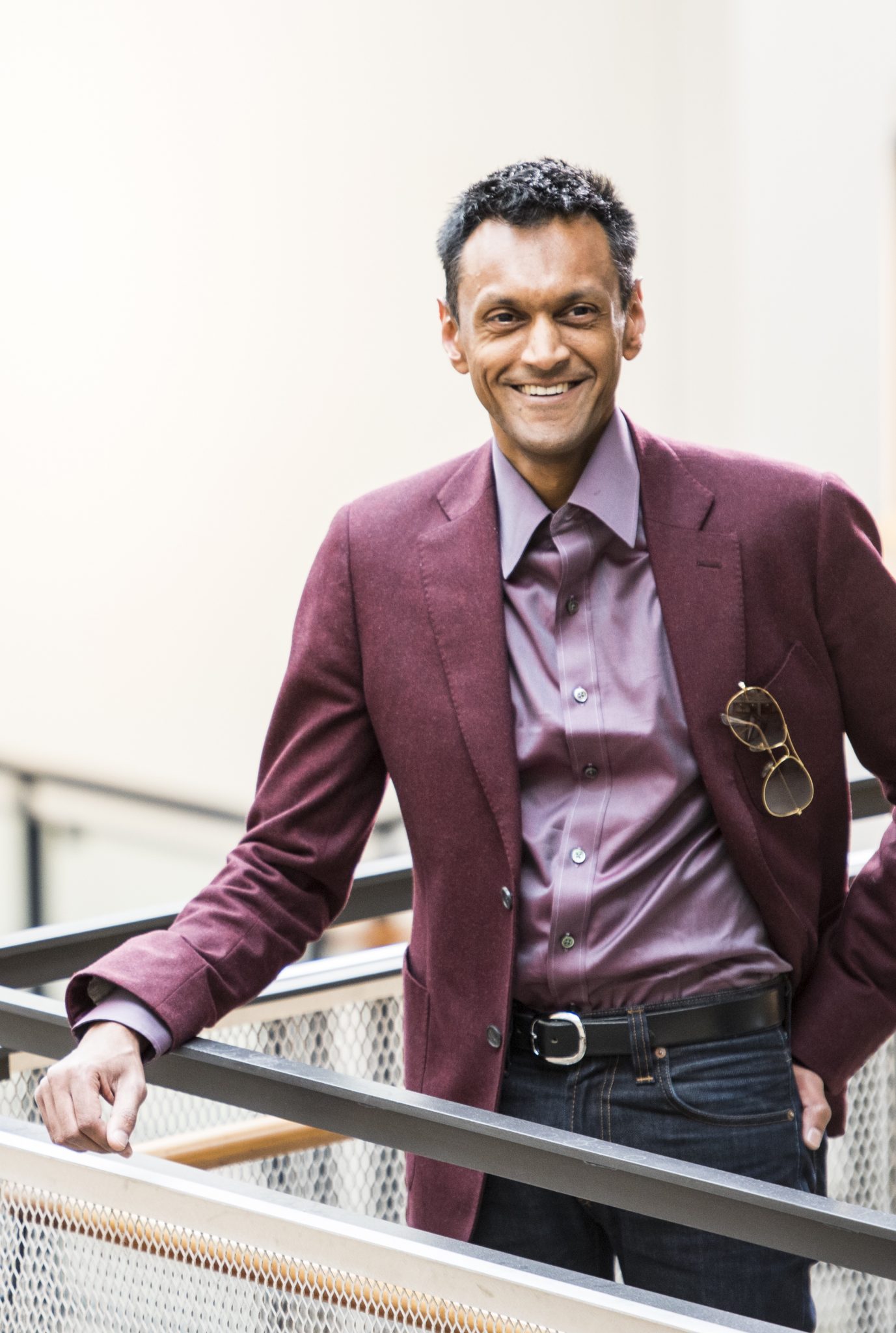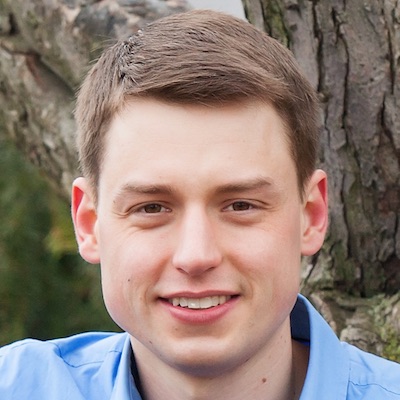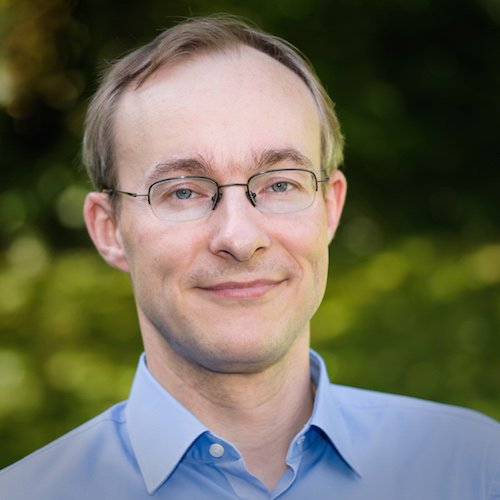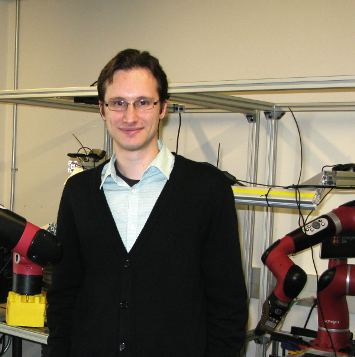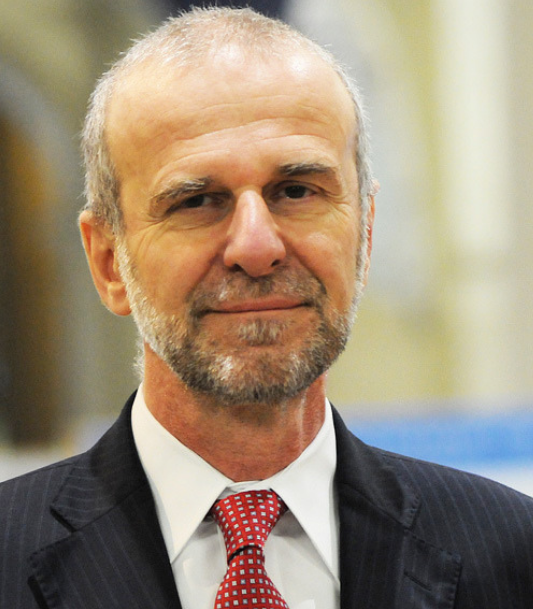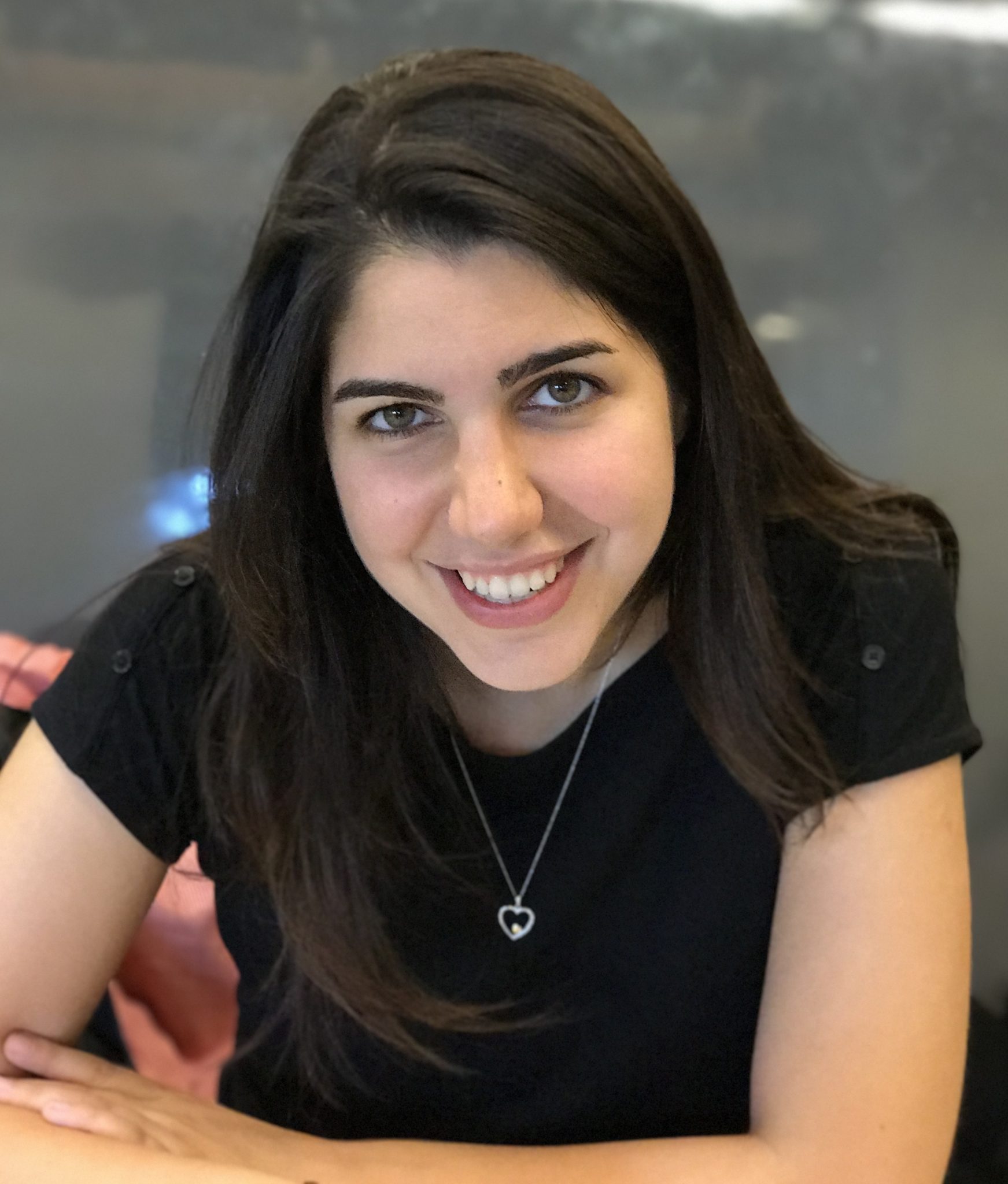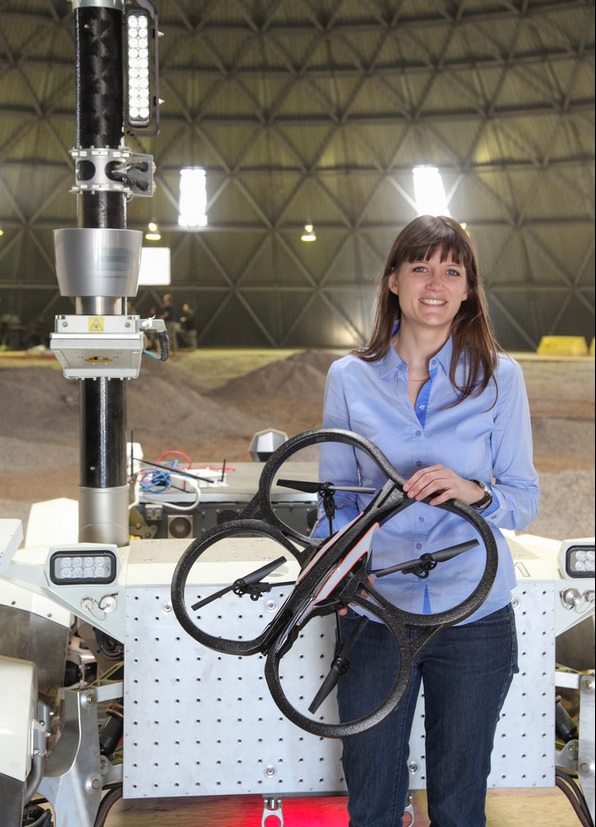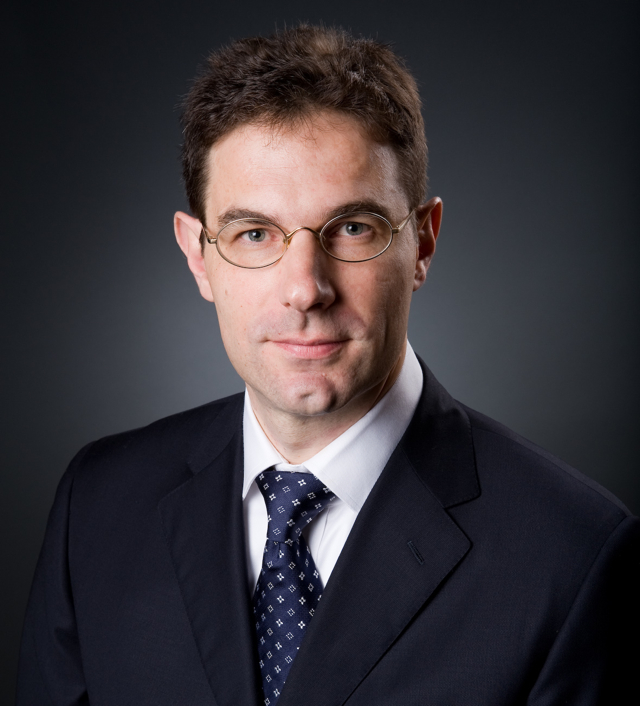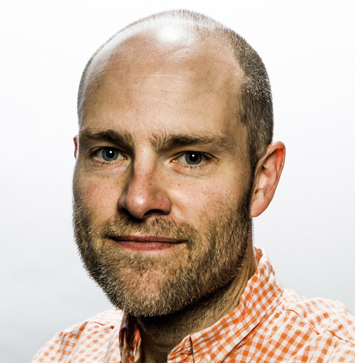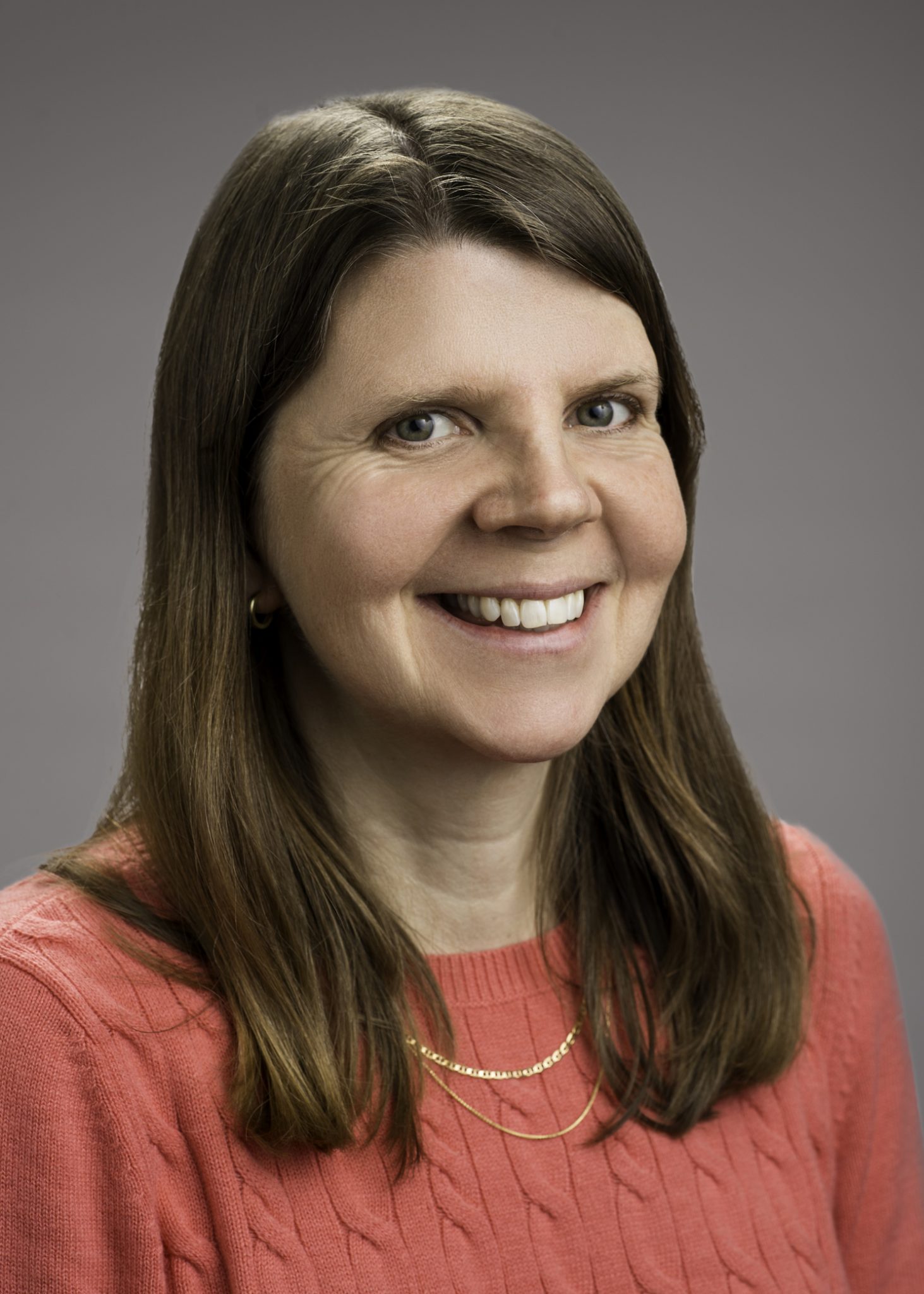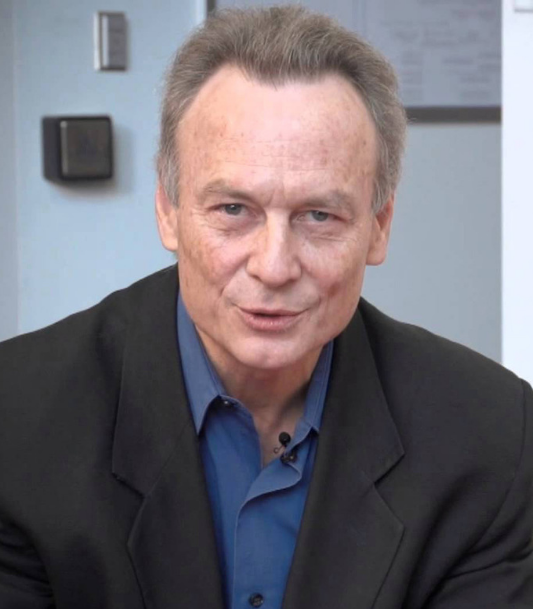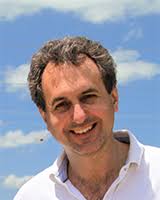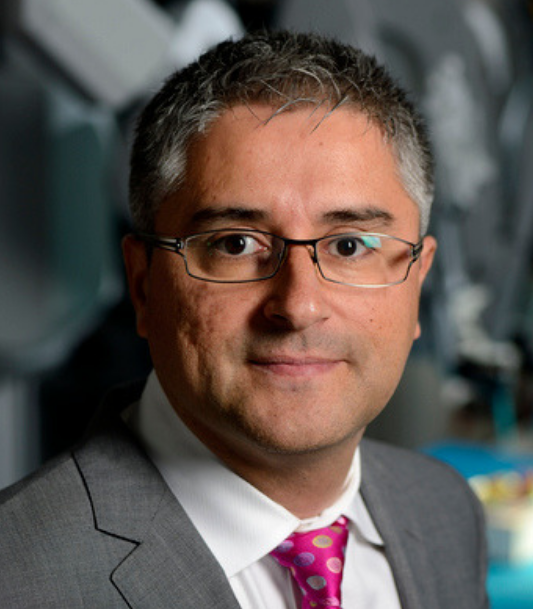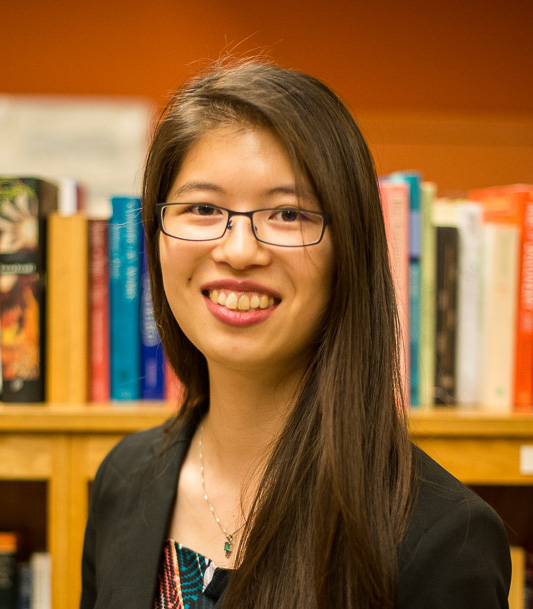Over the next decade, the biggest generator of data is expected to be devices which sense and control the physical world.
This explosion of real-time data that is emerging from the physical world requires a rapprochement of areas such as machine learning, control theory, and optimization. While control theory has been firmly rooted in tradition of model-based design, the availability and scale of data (both temporal and spatial) will require rethinking of the foundations of our discipline. From a machine learning perspective, one of the main challenges going forward is to go beyond pattern recognition and address problems in data driven control and optimization of dynamical processes.
Our overall goal is to create a new community of people that think rigorously across the disciplines, asks new questions, and develops the foundations of this new scientific area.
Anima Anandkumar
Francesco Borrelli
Emma Brunskill
Anca Dragan
Maryam Fazel
Sham Kakade
Zico Kolter
Andreas Krause
Sergey Levine
Manfred Morari
Dorsa Sadigh
Angela Schoellig
Stefano Soatto
Russ Tedrake
Claire Tomlin
John N. Tsitsiklis
Emo Todorov
Rene Vidal
Cathy Wu
Conference Scope
The conference will focus on the foundations and applications of Learning for Dynamical and Control Systems. Topics of interest include, but are not limited to:
- Foundations of Learning of dynamics models
- System identification
- Optimization for Machine Learning
- Data-driven optimization for dynamical systems
- Distributed learning over distributed systems
- Reinforcement learning for physical systems
- Safe reinforcement learning and safe adaptive control
- Statistical learning for dynamical and control systems
- Bridging model-based and learning-based dynamical and control systems
- Physics-constrained learning
- Physical learning in dynamical and control systems applications in robotics, autonomy, transportation systems, cognitive systems, cognitive systems, neuroscience, etc.
While the conference is open to any topic on the interface between machine learning, control, optimization and related areas, its primary goal is to address scientific and application challenges in real-time physical processes modeled by dynamical or control systems.

